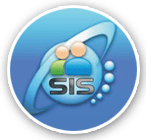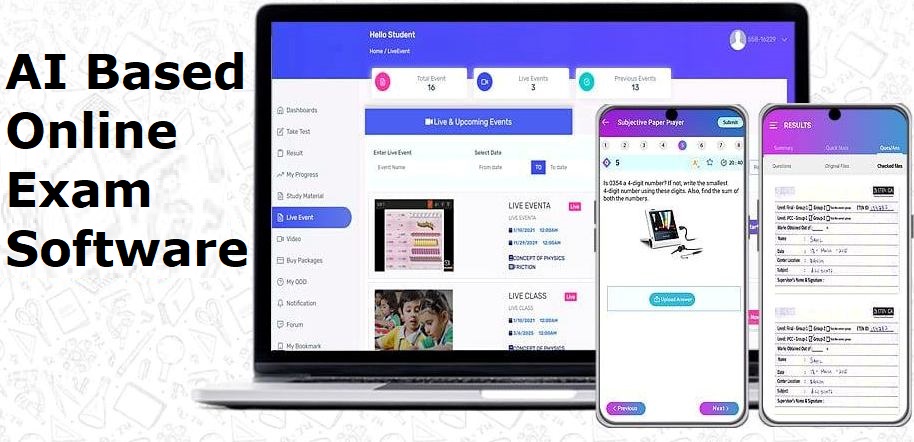These software solutions typically integrate various AI techniques to automate and optimize different aspects of the exam administration, assessment, and monitoring processes.
Here are some key features commonly found in AI-based online exam software:
Question Bank Management: The software provides a centralized database to store and manage a wide range of exam questions. It may include various question types, such as multiple choice, true/false, fill in the blanks, or essay questions.
Exam Creation and Customization: Educators or administrators can create exams by selecting questions from the question bank or by generating new questions. The software may allow for customizing exam parameters, such as duration, difficulty level, or randomization of question order.
Automated Assessment: AI algorithms can automatically evaluate certain question types, such as multiple-choice or true/false questions, eliminating the need for manual grading. This feature saves time and provides immediate feedback to students.
Proctoring and Monitoring: AI-powered proctoring tools monitor students during the exam to detect any suspicious or unethical behavior, such as cheating or plagiarism. These tools can utilize facial recognition, eye tracking, or keystroke analysis to identify potential violations.
Intelligent Analytics and Reporting: The software generates detailed analytics and reports, offering insights into individual student performance, class statistics, question difficulty analysis, and overall exam outcomes. Educators can use this information to identify areas of improvement and make data-driven decisions.
Adaptive Testing: AI algorithms can dynamically adjust the difficulty level of questions based on students' performance. This adaptive testing approach tailors the exam to each student's abilities, providing a more personalized and accurate assessment.
Remote Proctoring: With the integration of AI-powered video monitoring and authentication technologies, Online exam software can verify the identity of test-takers remotely, ensuring the integrity of the exam process.
Accessibility and Multilingual Support: The software may offer accessibility features such as screen readers, magnification tools, or color contrast options to accommodate students with disabilities. Additionally, multilingual support allows exams to be conducted in different languages.
It's worth noting that the specific features and capabilities of AI-based online exam software may vary among different vendors and platforms. When considering such software, it's essential to evaluate your specific requirements, budget, security measures, and integration capabilities with your existing systems.







